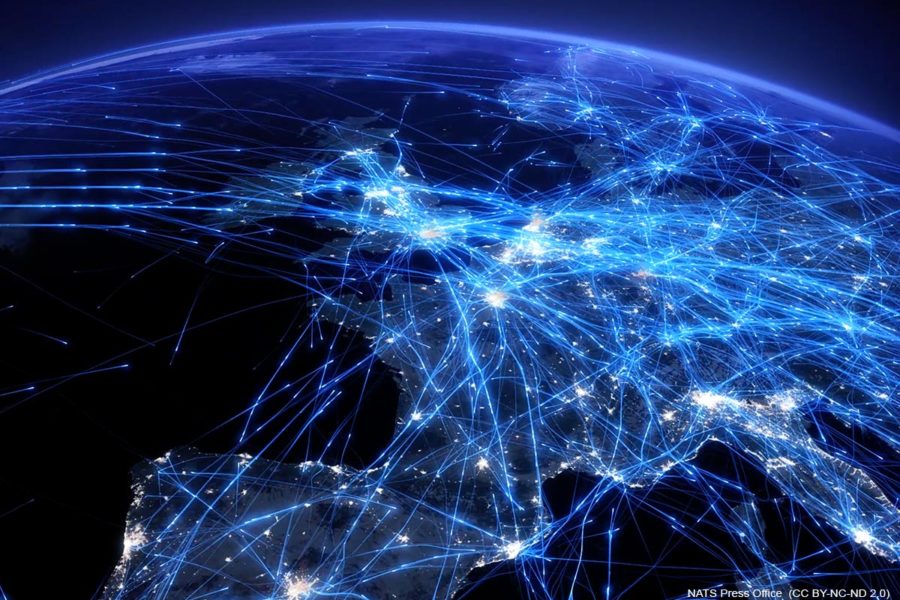As an Ambassador constantly meeting people of all nationalities interested in the impact of the 23 June vote by the UK to leave the European Union, I am an avid follower of statistics.
So for ease of reference, I’ve put together a few of those which have caught my eye.
The fact Britain is open for business is demonstrated by the way we continue to attract £££ of overseas investment. For example in July, Japan’s Softbank bought Cambridge-based ARM Holdings (who design chips for mobile phones) for £24.3 billion. In September, Apple announced plans to move 1,400 staff into the iconic new Battersea Power Station development on the South Bank. In October ING Bank announced plans to move dozens of skilled currency derivatives and interest rate traders and foreign exchange options, rates and fixed-income staff from Amsterdam to London.
It goes on. On 8 November, Nissan decided to produce two new models, the Qashqai and the X-Trail, in Sunderland, upgrading the factory to a 600,000-vehicle-a-year “super-plant”, securing 7,000 jobs. Later that month, Google announced plans for a campus for 7,000 employees at King’s Cross in London, creating 3,000 new jobs. Facebook announced a new headquarters in Fitzrovia, also in London, for 1,500 employees including 500 new, highly-skilled jobs.
When I give talks about the UK economy I also sometimes manage to slip in the statistics that UK unemployment at 4.9% is lower than many other countries, while employment at 74.5% is notably high.
The UK has voted to leave the EU but is not leaving Europe. We will want the strongest possible political, economic, and cultural links with our European neighbours, as well as with other key partners around the world.
For example, the UK is a permanent member of the United Nations Security Council; and belongs to NATO; the G7; the G20; and the Commonwealth. Here in Vienna we are active in the UN organisations driving forward progress on modern slavery, cyber crime and drugs. We also work on nuclear security, nuclear safety and nuclear safeguards designed to prevent the proliferation of nuclear weapons and support the architecture of the Nuclear Non-Proliferation Treaty. The UK supports the Vienna-based International Organisations in a big way: in 2015/16 we contributed around £25m to the IAEA and £7m to the UNODC.
So we’re putting our money where our mouth is. In fact, UK is the only major country which will simultaneously meet the NATO target of spending 2% of our GDP on defence and the UN target of spending 0.7% on development.
Vienna has always been a hub for diplomacy – whether through the Treaty of Vienna, signed in 1815, or the 1961 Vienna Convention on Diplomatic Relations. Today, around 17,000 diplomats live and work in the city. The UK will continue to use this network over the months and years ahead to advance peace, security, human rights, prosperity and trade – all in order to continue to play a constructive and responsible global role.
PS: one unusual way we will be engaging with Austria is by continuing our successful series of “Charles Stewart Conversations” – a kind of 21st century salon. More on that later.

